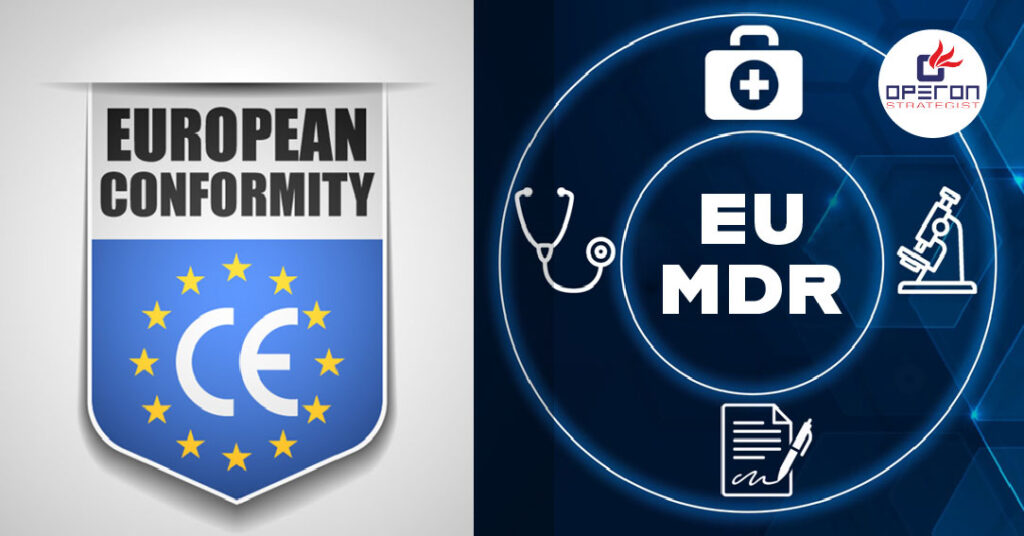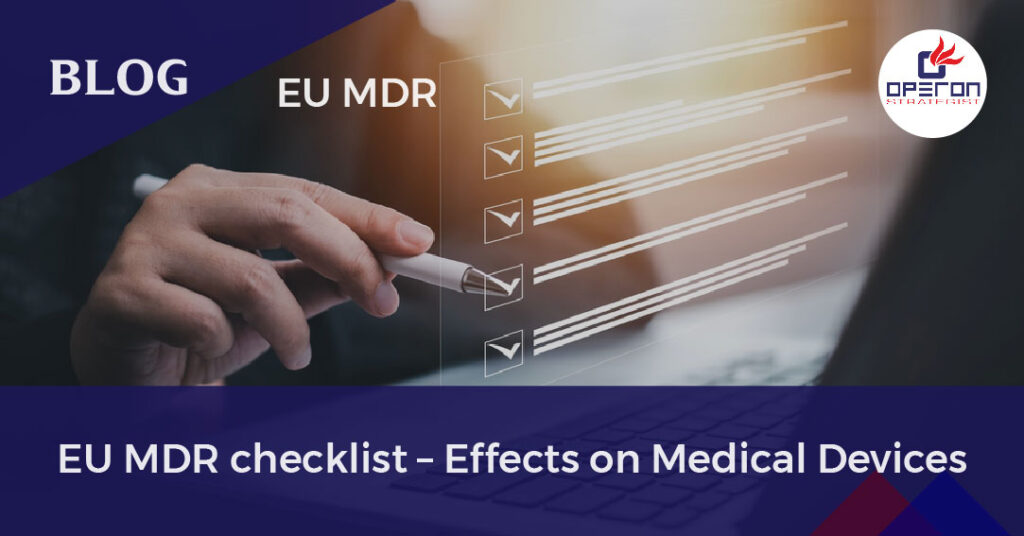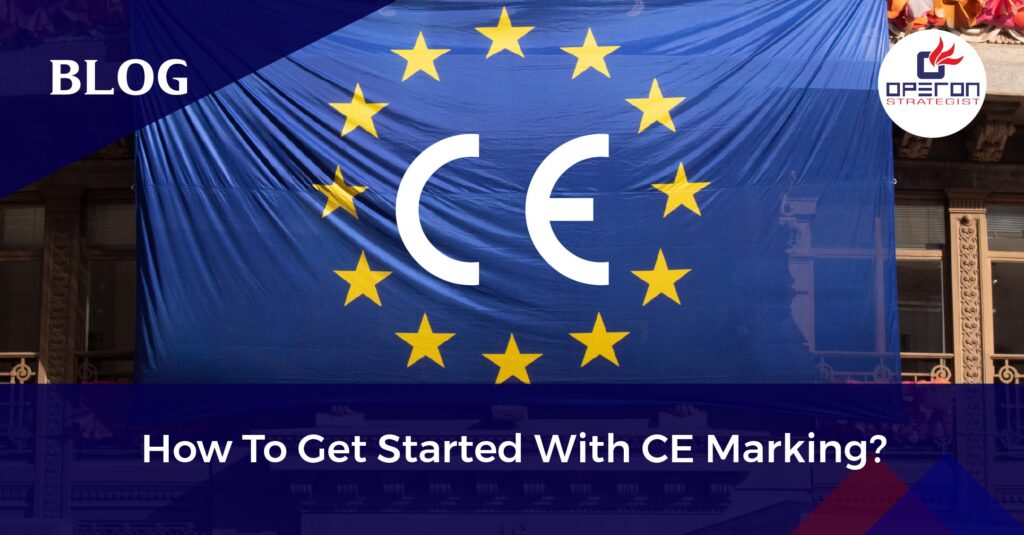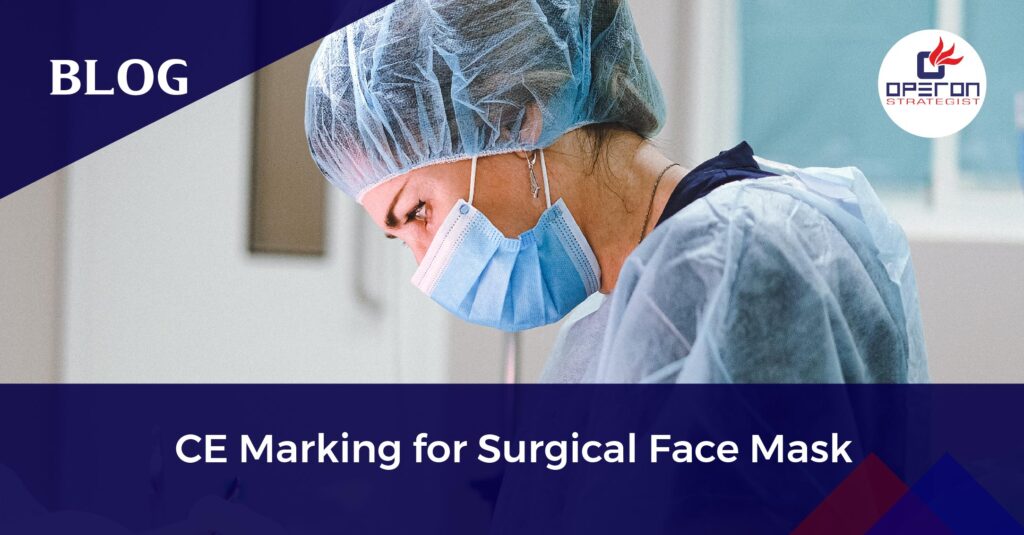Introduction
When navigating the complex regulatory landscape of medical device manufacturing in the European Union, one term you’ll frequently encounter is Notified Bodies. These organizations play a critical role in ensuring that medical devices meet the required safety, performance, and quality standards before they can be sold in the EU. Whether you’re a medical device startup or an established manufacturer looking to enter the European market, understanding what Notified Bodies are and how they impact your regulatory journey is crucial.
What Are Notified Bodies?
Notified Bodies are independent organizations designated by EU member states and notified to the European Commission to assess the conformity of certain products — including medical devices — before they are placed on the market.
Looking For a Medical Device Regulatory Consultant?
Let’s have a word about your next project
These bodies are authorized to carry out tasks related to conformity assessment procedures as outlined in EU regulations such as:
- EU MDR (2017/745) – Medical Devices Regulation
- EU IVDR (2017/746) – In Vitro Diagnostic Regulation
They are responsible for conducting audits, reviewing technical documentation, and issuing CE certificates that indicate compliance with relevant EU requirements.
Why Are Notified Bodies Important for Medical Device Manufacturers?
Medical devices are considered high-risk products, and ensuring their safety and performance is a top priority for regulators. Here’s why Notified Bodies are essential in this process:
- Product Validation: They verify whether your medical device meets EU regulatory requirements.
- QMS as per ISO 13485: For QMS Audit and Certification as per ISO 13485 standards.
- CE Certification: Without approval from a Notified Body (for applicable devices), you cannot obtain the CE Mark, which is mandatory for marketing in the EU.
- Regulatory Assurance: Their evaluations provide credibility and reduce regulatory risks in the European market.
- Post-Market Surveillance Support: Many Notified Bodies assist in ongoing compliance after product launch.
When Do You Need a Notified Body?
Not all medical devices require the involvement of a Notified Body. The necessity depends on the classification of your product under EU MDR:
- Class I (non-sterile, non-measuring, non-reusable surgical instruments): Do not require a Notified Body
- Class I (sterile, measuring, reusable surgical instruments) and Classes IIa, IIb, III: Require Notified Body involvement
- In Vitro Diagnostic Devices: Classification under IVDR determines if a Notified Body is needed
If your device falls into a category that demands an independent conformity assessment, working with a Notified Body becomes mandatory.
How to Choose the Right Notified Body?
There are several designated Notified Bodies under the EU MDR and IVDR regulations, but not all of them specialize in medical devices or have capacity for new clients. Here’s how to choose the right one:
- Check Designation Scope: Each Notified Body is designated for specific types of products. Ensure they are accredited for your device type under the correct regulation (MDR or IVDR).
- Evaluate Technical Competence: Review their experience with devices similar to yours. Ask about their understanding of your device’s technology and intended use.
- Assess Capacity and Timelines: Due to high demand, many Notified Bodies face backlogs. Choose one with reasonable timelines for review and audits.
- Geographic and Language Compatibility: Consider language support and proximity for smoother communication and easier audit scheduling.
- Reputation and Customer Support: Check reviews, case studies, and references. A responsive and supportive Notified Body can significantly ease your certification journey.
Common Challenges in Working with Notified Bodies
- Limited Availability:
Many Notified Bodies are currently operating at full capacity, causing significant delays in application acceptance and audits. - Complex Documentation Requirements:
Preparing compliant Technical Files, Risk Management Reports, and Clinical Evaluations can be overwhelming without expert guidance. - Misalignment with Regulatory Expectations:
Misinterpretation of MDR/IVDR requirements may lead to non-conformities and rejection of your submission.
Talk to an Expert
How Operon Strategist Helps You Work Seamlessly with Notified Bodies
At Operon Strategist, we understand the critical role Notified Bodies play in your device’s success in the EU market. Our expert consultants help you:
- Identify and connect with the right Notified Body based on your product type and regulatory needs
- Prepare fully compliant technical documentation as per MDR/IVDR requirements
- Conduct internal audits and gap analysis before the Notified Body audit
- Offer strategic regulatory planning to reduce delays and improve certification success
- Provide post-certification support for renewals, vigilance, and regulatory updates
With over a decade of experience in helping manufacturers across the globe, including the USA, UK, EU, and India, Operon Strategist ensures end-to-end regulatory compliance and faster time-to-market.
📞 Ready to Get CE Certified?
Contact Operon Strategist today to start your journey toward CE marking with full regulatory confidence.




